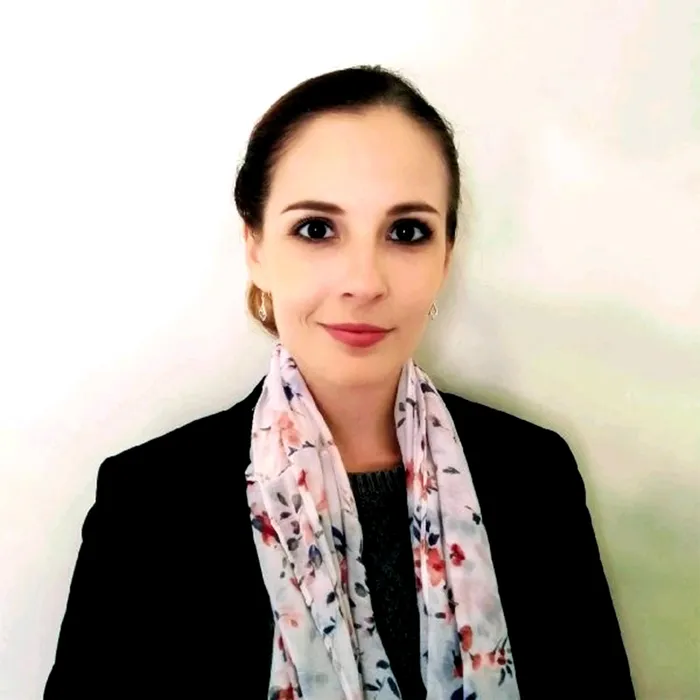How Casey Sprake is empowering women in economics

Anchor Capital economist Casey Sprake.
Image: Supplied
As part of IOL’s #ElevateHER campaign, celebrating remarkable women, we had Anchor Capital economist Casey Sprake take a few moments out to take us through some of her career highlights in this Q&A.
What first inspired you to do what you do – and what was the moment that changed everything for you?
I was first inspired when I saw the tangible impact financial guidance can have on someone’s life. Seeing a client experience real, positive change in their financial future- watching that moment of understanding and hope light up in their eyes was incredibly powerful.
What’s the biggest challenge you’ve faced on your journey, and how did you push through it?
It wasn’t one single challenge, but rather the overall transition from academia to the corporate world. Moving from being a researcher and lecturer into the fast-paced investment management industry was a steep learning curve. You quickly learn how to juggle multiple demands and adapt to changing needs. There’s no magic solution—you just have to stay focused, stay organised, and work hard. Over time, it becomes second nature.
What achievement are you most proud of, the one that still makes you smile when you think about it?
The first time I did a live TV interview – if I remember correctly, it was for SABC – I was unbelievably nervous! But getting through it and realising I could hold my own in that space is something I still look back on with pride.
What makes your role or career path different or special in South Africa?
I made the leap from agricultural economics in academia to working in a fixed income team at a corporate asset manager. That’s quite an unusual path - especially for a young woman in either of those traditionally male-dominated fields. It’s not the typical route into investment analysis, but it’s one that has made my perspective and approach unique.
How do you think the work you do is making a difference - whether in your industry, your community, or for other women?
I think one of the most important parts of my role is being able to explain complex economic topics in a way that makes sense to everyday people. Helping others understand how economic events affect their financial lives- and then empowering them to make better decisions- is deeply rewarding. I’ve always believed that knowledge is key to independence, especially for women in South Africa.
What’s the one piece of advice you’d give to a young woman who dreams of following a similar path?
Go for it – but be prepared to work hard. It’s a competitive industry, and you have to find a way to stand out. Identify your niche, lean into your strengths, and keep pushing forward. Your hard work and unique perspective will set you apart.
Who’s been the biggest influence or mentor in your career?
Nolan Wapenaar, the head of fixed income and co-chief investment officer at Anchor. He recognised my strengths long before I did and has played a big role in helping me grow into them. He’s been incredibly supportive – and incredibly patient!
What’s one myth about your job or industry you’d love to clear up?
There’s this idea (mostly thanks to TV and movies) that investment management is all glitz and glamour. In reality, most of our time is spent behind computer screens, digging through spreadsheets, analysing data, and trying to get graphs to behave in PowerPoint presentations! It’s far more analytical than it is flashy.
If you could give your younger self one piece of advice, what would it be?
Back yourself earlier. Push harder, sooner. It’s taken me a long time to build confidence in my own ability and knowledge—and even now, it’s something I still work on. Also, I’d tell my younger self that my love of reading and learning (I’ve always been a major bookworm) isn’t something to hide. It’s actually one of my greatest strengths.
When you think back to the subjects you chose in high school or what you studied afterwards, did you ever imagine you’d end up where you are today – and how did that journey unfold?
Yes and no. I discovered a passion for economics in high school, so it’s not entirely surprising that I stayed in that space. However, I certainly didn’t expect to end up in corporate finance. I had envisioned a future in academia. That said, I’ve never lost my love of research and writing – if anything, it’s stronger than ever – and I’ve been able to bring that passion into my current role at Anchor, which has been an incredibly fulfilling evolution.
IOL